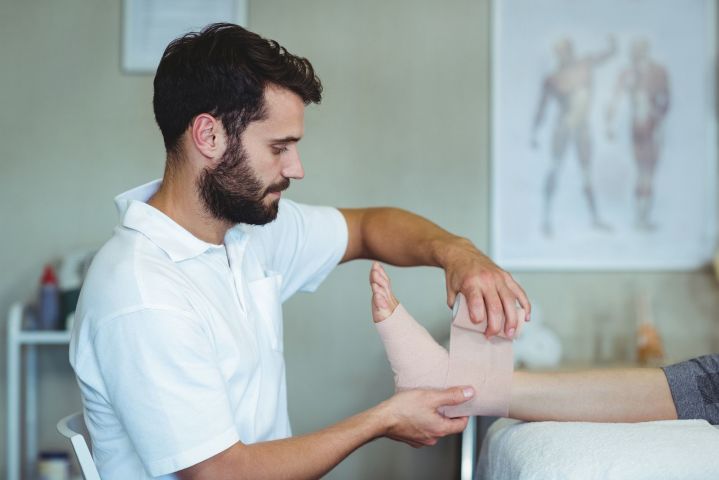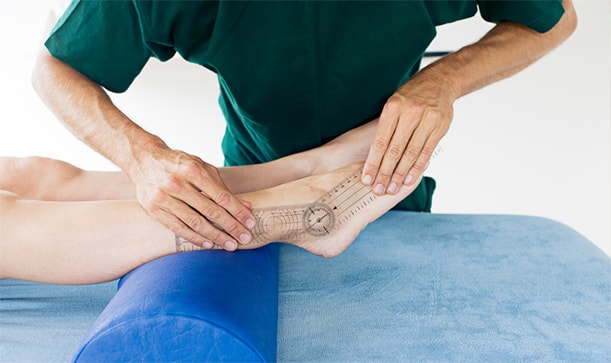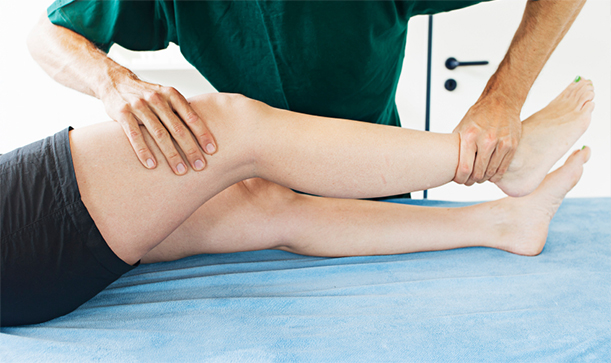CK Physiotherapy
AREAS COVERED
W7, W5, W13, Ealing, West London
57 Elthorne Avenue
Hanwell, W7 2JY
T: 020 8566 4113
M: 079 572 46185
E: info@ckphysio.co.uk
Location / Parking
We are situated in Hanwell, between Boston Manor Road and Northfields Avenue, south of the Uxbridge Road.57 Elthorne Avenue
Hanwell, W7 2JY
There are parking restrictions Mon - Fri 9-10am and 2-3pm. If you need a permit during this time please inform your therapist when you arrive. There are no parking restrictions at other times.
Opening Times
Please phone the number above during working hours to make an appointment. Our reception service will be happy to book your session.
London Underground / Bus Services
London Underground
10 min. walk from Boston Manor Tube Station.
15 min. walk from Northfields Tube Station.
Bus Service
E8, E3, E2, 207, 607, 83
Request Call Back
Our Blog
Physios Reduce Work-Related Pain and Decrease Injury Healing Times
By: BryanKelly (Psst, View author in Google Plus) Date: Feb 6th, 2017Work related injuries can be traumatic, not just physically and emotionally, but financially as well.
Injuries sustained at work are quite common and can occur due to a number of factors, including high-risk jobs, inadequate training and a lack of safety devices.
See a Physio Professional to Recover from Work-Related Injuries Faster
Whilst the type of work you do will define the severity and nature of the injury, there are some injuries which build up over time and can occur in most workplaces.
During 2014-15, the average time off taken by someone suffering from musculoskeletal disorders that occurred in the workplace was 17 days.

Common Workplace Injuries
The most common type of workplace injury is work related musculoskeletal disorders. In 2015-16 there were an estimated 553,000 workers who suffered from musculoskeletal disorders in the UK caused or made worse by work. Out of these, around 223,000 workers suffered from a bad back, 233,000 suffered from upper limb and neck problems and 97,000 had lower limb problems.
There are several factors associated with musculoskeletal disorders, such as repetitive heavy lifting, bending and twisting, uncomfortable working positions, working too long without a break, an adverse working environment, and not reporting symptoms early enough.
Unfortunately, if you suffer from a work-related injury, there tends to be very little long term support that your doctor can offer. With most work-related injuries being musculoskeletal ones, the most that your doctor will likely be able to do is prescribe you painkillers and rest. A physiotherapist can do a lot more for your work-related injuries, which is why many people choose to see them too for maximum impact.
How Can Physio Help?
Booking an appointment with a physiotherapist is one of the best things you can do to help with your workplace injury. They will give you advice and exercises that can help reduce the potential of a workplace injury happening again. During physio, you will be able to take advantage of things like manipulative therapy, which involves spinal and peripheral joint manipulation, and posture and muscle imbalance support, which can help correct and stabilise muscular problems.
Some people will be given lifting and handling instruction to reduce further injuries, and ergonomic advice to help reduce the chances of suffering from repetitive strain injuries. Physiotherapy can reduce pain and speed up the healing process for injuries in this way.
When suffering from a work-related injury, you need to ensure that you do not return to work before your body has fully healed. A physiotherapist will be able to tell you when your body is ready to return to work.
It is important that when you injure yourself at work, or feel symptoms of early musculoskeletal disorders relating to your work, that you seek the help of both traditional doctors and physiotherapists.
Sources
Musculoskeletal Disorders, IOSH.co.uk
12 Ways to Stop Work Related Back Pain, Health.com





